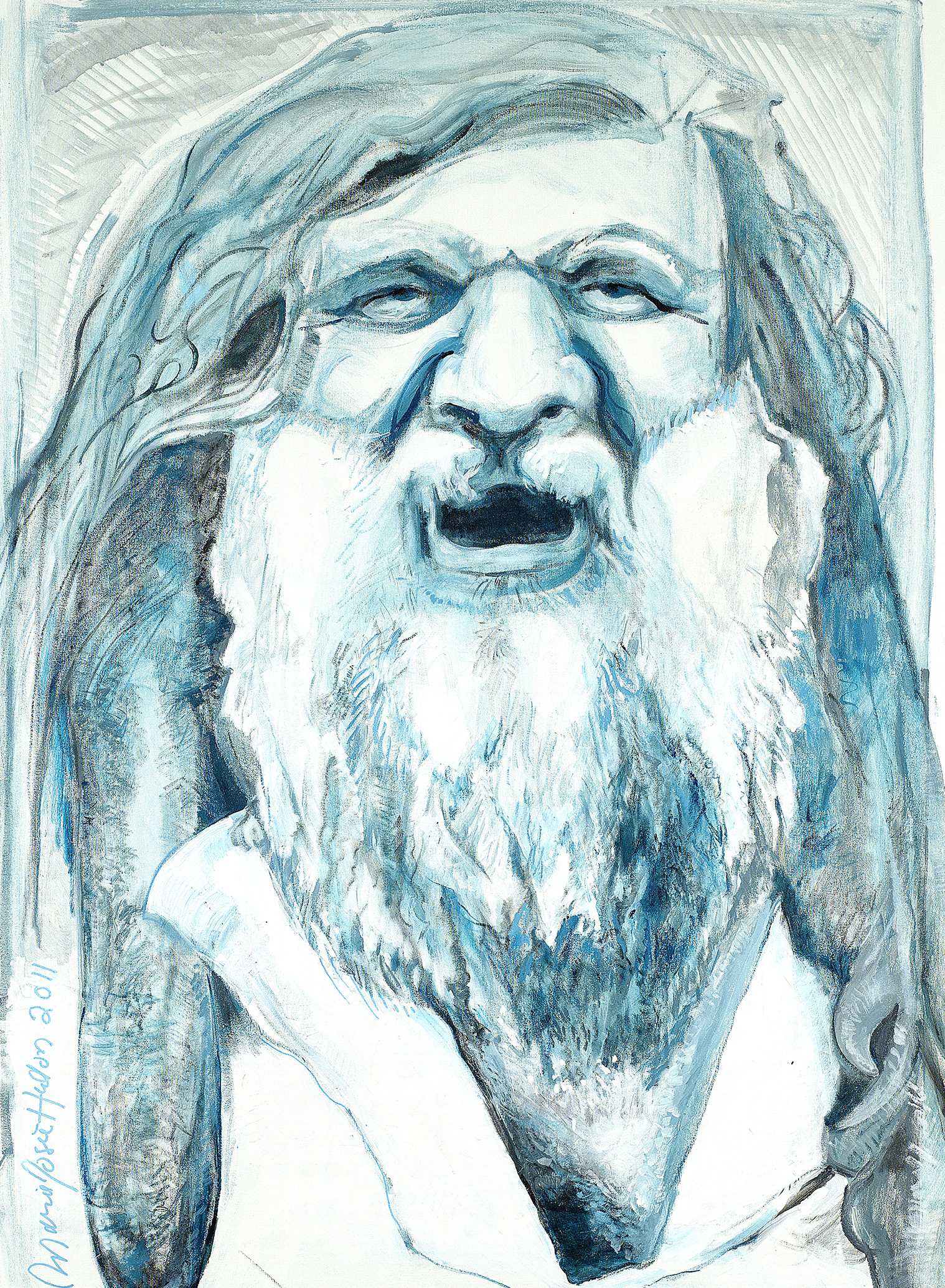
The origin of this colourful character is difficult to establish. In interviews conducted over the years, Barichievich gave various responses, sometimes saying he was of Croatian origin or even born to Siberian immigrant parents. Some hypothesize that because of his rough knowledge of French he might have confused the term “Siberia” with “Serbia.” He may have been born in Yugoslavia (in what is now Croatia) and to Serbian parents, which would explain his time in a concentration camp during the Second World War. Croatia was then governed by the Ustasha regime (a Croatian separatist movement) that imprisoned nearly one million people of Serbian, Jewish and Roma origin as well as pro-Yugoslav Croatians.
Success and Glory Years
Barichievich arrived in Canada in 1945 or 1946 at the age of 20. Standing 1.93 m tall, he worked in a recycled materials yard in exchange for housing when he first landed. Having heard the success stories of Louis Cyr, Victor Dellamarre and the Baillargeon brothers, he began performing feats of strength. By 1952, he was mentioned in the Guinness Book of Records for having pulled a 433-tonne train along a Montréal railway over a distance of 19.8 m. In 1956, he dragged an automobile attached to his own hair. In 1960, he set a new record by pulling four city buses and their passengers along rue Sainte-Catherine in Montréal.
In the 1970s, Barichievich began a career as a professional wrestler that took him to the four corners of the globe. In 1971, he nearly won the North American heavyweight wrestling championship during a Stampede Wrestling match in Calgary. Unfortunately, the match was interrupted by a riot. In the 1980s, he was invited to Japan where he fought against such champion wrestlers as Rikdozan and Antonio Inoki. He also made notable appearances on various U.S. television shows, such as the Ed Sullivan Show, the Tonight Show and Real People.
He played a few roles in film, including Quest for Fire (1981), a French Canadian film and international success directed by Jean-Jacques Annaud and produced by Denis Héroux and John Kemeny. In 1983, he appeared in A 20th Century Chocolate Cake (1983) by Montréal's Lois Siegel and in 1996 he made a brief appearance in the Abominable Snowman an obscure film by American director Michael J. White.
“The Strongest Man in the World”
Barichievich was distinguished by his appearance, and did not hesitate to mention that he was “the strongest man in the world.” Weighing 225 kg, the Great Antonio was recognizable by his beard and long, unkempt hair. He wore baggy clothes and size 28 shoes. In the last years of his life, Barichievich became an iconic character in itinerant areas of Montréal. He lived in a tiny apartment and visited the borough of Rosemont, and downtown metro stations, where he sold autographed photographs of his past successes for a few dollars.
On 7 September 2003, his body was found on a bench in a Montréal grocery store. He died of cardiac arrest at age 77 with no known parents. A fundraising organization, Sun Youth, offered a decent burial.
In 2004, sculptor Armand Vaillancourt donated a statue in memory of the Great Antonio to the city of Montréal, suggesting that it be erected in Beaubien Park in Rosemont, where Barichievich lived for many years. Considering Barichievich a social outcast, the city of Montréal has refused to accept the statue. Nevertheless, the memory of the Great Antonio persists in the minds of Montréalers and Québécois. An extraordinary man, he has been the subject of exhibits and various literary and biographical works. In 2008, the Québec group Mes Aïeux dedicated a song to him on their album La ligne orange.

 Share on Facebook
Share on Facebook Share on X
Share on X Share by Email
Share by Email Share on Google Classroom
Share on Google Classroom